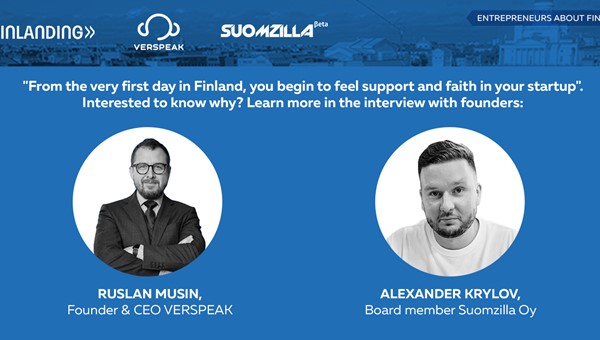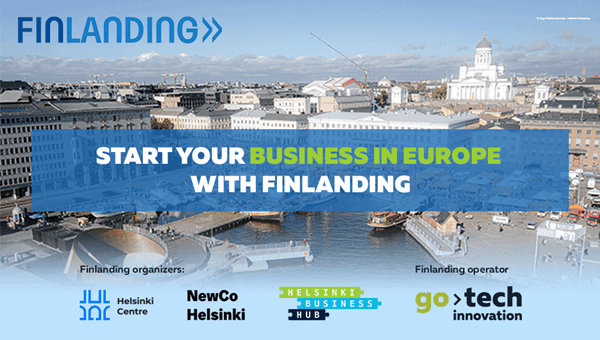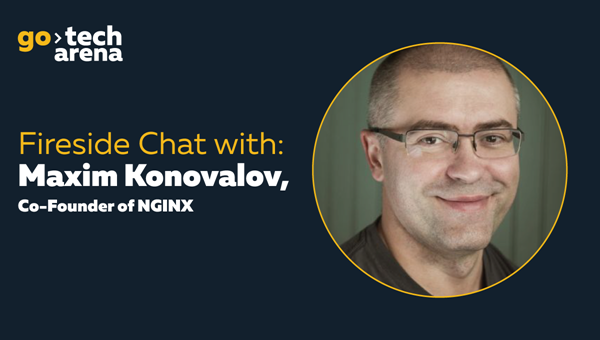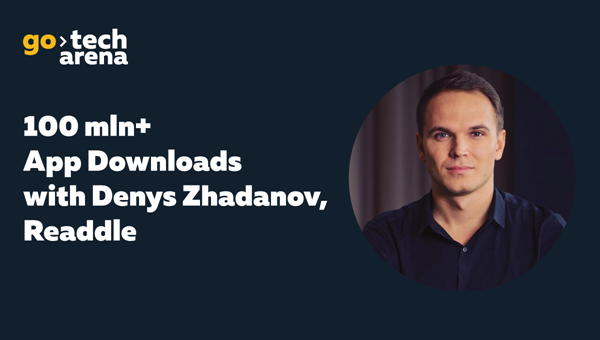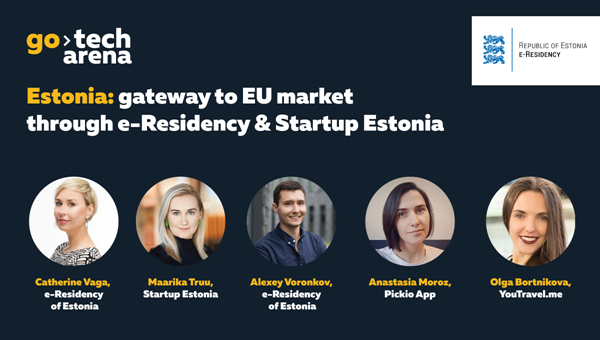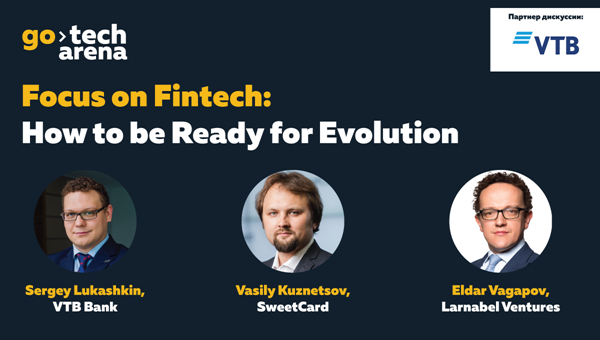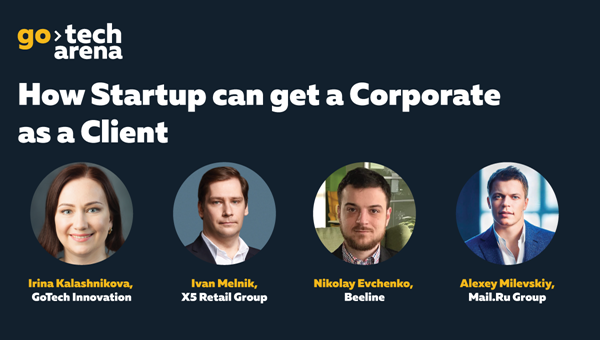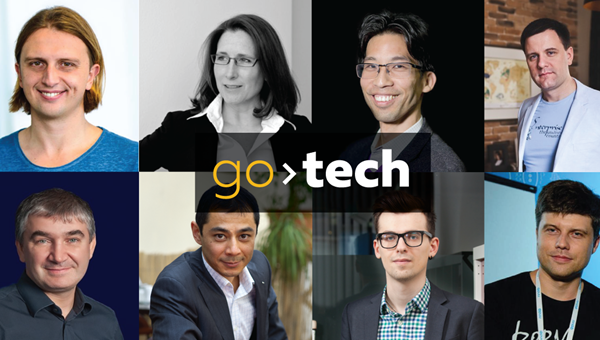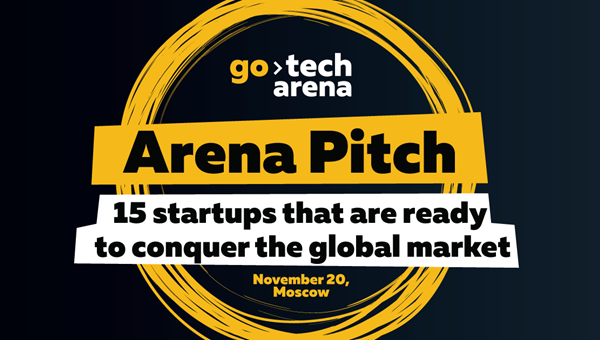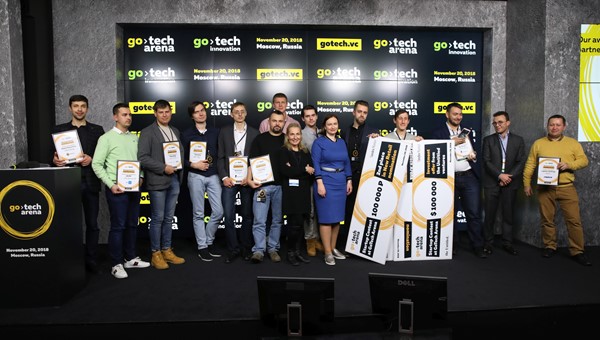9/7/2017
Doctor, I need an ICO!
The craze around ICO market would make a worthy material for a blockbuster. Consumed by the hype, many have started investing money in the new model, including some investors that luck real experience and haven’t accessed the risks properly. It’s important to know that risks are quite real. Together with leading experts, we are going to shed some light on the topic and, hopefully, explain why you should think twice before entering the ICO market.

What is ICO and how does it work?
ICO ( Initial Coin Offerings ) — is a model that allows attracting cryptocurrency investment into a new project. Imagine yourself in a waterpark. Before entering you are purchasing a token that allows you to ride any slide, use any pool. The companies that want to enter ICO launch a similar type of tokens. The tokens are an analog of shared on a traditional stock market). Tokens are placed to cryptomarkets and valued in different cryptocurrencies. A buyer can get a token and in the future use it to pay a service of a product by the startup that launched the token. If the startup gains popularity, tokens raise in price. Using this model a startup can attract needed capital and a token buyer (or an investor) can grow his investment.
Who would exchange his bitcoins for some sort of tokens?
Those who are interested to significantly grow their investment in a short amount of time, playing with the difference in tokens prices. Every investor is hoping for a project to go big.
“It’s easy to explain the hype around the technology. In the last 6 months, many startups have raised significant amounts using ICO market. Many of those projects were not making a profit, some event did not have a project prototype when a project was launched. Easy money has always attracted people”.
Anton Antich, venture investor
There are other advantages for investors:
- Tokens allow an investor to use services provided by the ICO company. Tokens can be sold not only to the mother-company but to other counterparties.
- Token-shares are not suitable for paying for the services, however, the buyers are entitled to dividend or commission fees if a startup is focused on funds transfers using their new cryptocurrency. In some cases, buyers of token-shares are also allowed to vote according to their shares at the company board meetings.
- Credit tokens could be compared to debenture stocks and give the owner a fixed revenue (which technically is another way of earning cryptocurrency).
At the end of the day, why not to “hype a bit”, if it’s so popular right now? According to Smith + Crown, just in 2017 companies have attracted $180 million through ICO which is more than all the investments attracted though the whole of 2016 ($101 million).
Token placement for the Mastercoin project became the first ICO in history. The startup is working on financial services based on bitcoin. In 2013 the startups about 5000 BTC.
That was when the ICO boom have started when people were investing in everything. Until today Ethereum is considered to be one of the most successful projects of this kind. It raised $18 million during the ICO period. Today the company is valued at over $34 billion.
How to start an ICO?
Raising money though ICO is a quite realistic plan for any merely successful startup. The most important factor here is the trust of the blockchain community. No one is going to speak to unknown players. That’s why it’s extremely important to prove the viability of the project. There is a number of requirements of that, such as product market fit, a pinch of fairy dust, some luck and a team of professionals that really know the market and are able to give a sober evaluation of their product’s opportunities on the market.
“We are seeing a lot of teams that are lacking knowledge and competencies to realize the projects that they are raising money for. Of course, I’m not even talking about scammers. It’s important to understand your product and what is the problem it is solving”.
Alexey Pospehov, head of Futur Capital
ICO preparation steps are quite time-consuming. There are professional services that would help a startup to prepare white papers - all the materials required for the presentation. Usually, they would charge around 10% of the total raised amount for this service.
ICO procedure can be divided into 3 stages:
- Primary stage
- ICO
- Company’s life after
“Before taking a decision about ICO you should spend about a week studying a number of well-capitalized startups with history, understand how are they working and how does blockchain help. After that, you should study how did they raise money, what happened to them after ICO. Only after that should you take the decision”.
Alexey Antonov, CMO SONM.IO
What kind of startups should consider ICO?
“Startups with an open code, where decision forms the platform, where multiple micro-transactions are involved as well as multiple stakeholders that do not trust each other by default”.
Alexey Antonov, CMO SONM.IO
So ICO would be the most relevant for the startups which are using the blockchain technology not only for raising money but also for the business solutions. These kinds of projects are the best suited for ICO not because funds of business-angels have rejected them but because it would be a natural step for the founders and because of most of its future clients - are a part of the crypto community. For example, Tierion that is trying to commercialize blockchain as a trusted storage for verified data or the Funfair that is writing software for the fair online-casinos where blockchain is used for the fair game.
Which other risks you were talking about at the beginning?
“There are a number of risks involved. You could spend money on consultants and then fail to raise any funds. You could become a victim of regular fluctuation of the cryptocurrencies and loose up to ⅔ of what you’ve raised. You could be charged with criminal liability or face other legal issues. You could waste time before realizing that blockchain is not compatible with your business model”.
Alexey Antonov, CMO SONM.IO
You can’t label ICO as a legal or illegal way of attracting investment since all the cryptocurrency is currently in the gray legal area. Therefore there are plenty of scammers out there. A number of startups that have gone through the ICO are associated with scams schemes. Take for example the story with Dogecoin which is still struggling to clear its reputation after the founder of exchange platform Moolah Alex Green have stolen client’s money and gone missing. Another example is Josh Garza - founder of PayCoin and GAW Miners. Garze have given many promises about the future of PayCoin that he never delivered on. On June 1st, 2017 he has pleaded for the crimes committed and is facing up to 20 years for charges of fraud.
If you are interested in investing in ICO start by asking yourself if its functional analog is possible without the blockchain. If it can be done - forget about this ICO. If the business had chances, the team would have gotten investment in a more traditional way. So if the project is not deeply rooted in the blockchain technology, a regular business-angel with a great deal of experience or a venture fund is a much better solution than ICO.
Steps to guarantee ICO security have already been taken. Multiple rating agencies that evaluate project’s perspectives are currently being created. There is also a Multisig wallet as another layer of safety. However, all these solutions are still very fresh and imperfect. It’s important to know that introduction of standards and official regulations in the ICO procedure would go against its nature and jeopardize what makes this process attractive at the first place.
Crypto market is currently unstable. Experts are convinced that already this autumn we are going to see the market correction. When dot-com bubble has burst 85% companies have failed but 15% that survived became leaders of the high-tech economy.
As it was back then, right now it’s hard to predict who would win and who would lose.
“It’s relatively easy to raise money through ICO and it is an adequate source of financing a product. Of course, if you already have a product and some financial turnaround. But even in this case, I would recommend limiting the amount of investment and capitalization. Just so when the bubble bursts (and it will burst with a big splash), your projects would not fail so much and your reputation and financial obligati ons towards investors are not hurt too badly”
Anton Antich, venture investor
What would happen with ICO in the nearest future?
No one knows for sure. It is a new financial instrument with great potential. Question is how long would it hold on top of the wave? It’s common to see a deep fall after a rise. Analytics believe that two to three big frauds on this market are all it takes to close this opportunity for serious projects for good. In case that does not happen, in a year it will still remain a very interesting market but big gains will only be available for a handful of solid projects.
At the same time, it’s important not to forget commonly understood financing methods such as IPO, crowdfunding, business-angels and venture funds that have proven liability.
“As for attracting business-angels or VCs as opposed to ICO, it’s quite a good option if you are just interested in financing the project. On top of that VCs and business angels often bring additional value through contacts and expertise. No ICO would give you that”.
Anton Antich, venture investor
Example of successful ICO in 2016:
- Tezos - a blockchain startup that attracted 65 627 BTC and 361 122 ETH in July 2017;
- Iconomi that attracted 17 274 BTC (an equivalent of $12 million) from 25.08.2016 till 29.09.2016;
- FirstBlood - a gaming infrastructure that attracted 10 060 BTC (an equivalent of $7 million) during one month;
- Golem - a decentralized global super-computer that attracted 820 002 ETH (an equivalent of $8 million) over one night.
Find a list of all successful ICO here.
Russin ICO startups:
- ZrCoin - an industrial startup that is going to produce a synthetic zirconium dioxide attracted $4.5 million on the block-chain platform Waves. ICO was launched on May 11, 2017;
- Decentralised social network “Golos” attracted 600 BTC (an equivalent of $1.5 million according to current rate). ICO was launched on November 1st, 2016;
- An OS for cloud computing SONM attracted $42 million on the blockchain platform Ethereum. ICO was launched on June 15, 2017;
- Farming company “Ekosystema Kolianovo” attracted $510,5K on the blockchain platform Waves. ICO was launched on April 1st, 2017;
- An operator of encrypted VoIP-telephony EncryptoTel attracted $4.4 million on the blockchain platform Waves. ICO was launched on April 24, 2017;
- Mobile gaming platform MobileGo focused on accepting cryptocurrency attracted $53 million on the blockchain platform Waves. ICO was launched on April 25, 2017;
- A Russian-American accelerator Starta attracted $1.5 million in the first 15 minutes of ICO on July 4th, 2017


